On this page, you can expect to find a variety of vocabulary related to family activities. There are links to games, flashcards, and other resources to help you learn and practice this vocabulary. Explore the different activities and enjoy expanding your knowledge in this subject area.
Family activities are a great way to bond and create lasting memories with loved ones. From outdoor adventures like hiking and picnicking to indoor pursuits such as board games and movie nights, there are endless options for bringing families closer together. Engaging in regular activities together can strengthen relationships and foster communication, leading to a happier and more connected family unit. Whether it’s cooking together, playing sports, or exploring a new hobby, finding activities that everyone enjoys can make for a fun and fulfilling time spent with family.
Practice & Reinforce Your Learning
Family Activities Vocabulary List
Outdoor activities
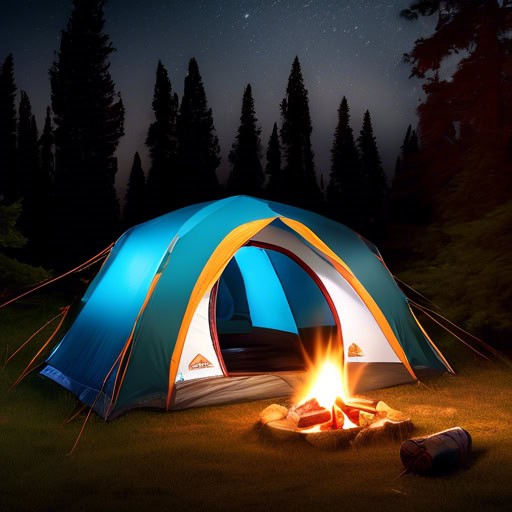
- We spent the weekend camping in the mountains, enjoying the peaceful sounds of nature.
- Camping is a great way to disconnect from technology and reconnect with the natural world.
- I love roasting marshmallows over the campfire while camping with my friends.

- I went fishing early in the morning at the lake and caught a big bass.
- My grandfather taught me how to fish when I was a child, and it's still one of my favorite hobbies.
- We're planning a weekend camping trip with plenty of fishing at the nearby river.

- I love hiking with my family on weekends to explore new trails and enjoy nature.
- Hiking is a great way to stay active and spend quality time with loved ones.
- We plan on hiking up the mountain next weekend for a challenging and rewarding adventure.
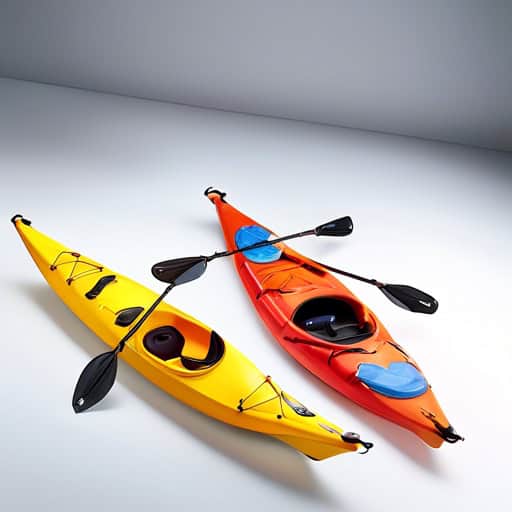
- We spent the weekend kayaking on the lake with our children and it was a great way to bond as a family.
- I love the feeling of freedom and tranquility that comes with kayaking on a calm river early in the morning.
- Kayaking is a wonderful way to explore nature and stay active at the same time.

- We spent the entire afternoon picnicking by the lake, enjoying the beautiful scenery.
- Picnicking in the mountains is one of our favorite weekend activities.
- The weather was perfect for picnicking, so we grabbed a blanket and some snacks and headed to the park.
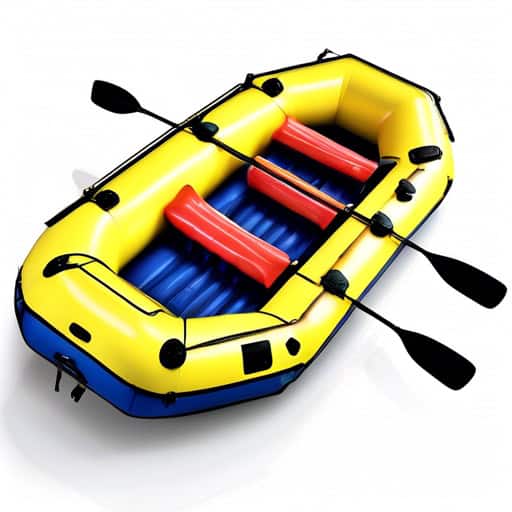
- We had a great time rafting down the river, navigating through the rapids and enjoying the beautiful scenery along the way.
- Rafting is a thrilling outdoor adventure that is perfect for those seeking an adrenaline rush and a fun day out on the water.
- I highly recommend going rafting with a group of friends for a memorable and exciting experience.

- I love biking along the scenic trails of the mountains.
- Biking to work every day has helped me stay fit and save money on gas.
- My friends and I are planning a biking trip through the countryside next weekend.
Indoor activities

- I enjoy spending my free time working on different crafts, such as knitting and jewelry making.
- My grandmother is a talented crafter who can make beautiful quilts and intricate wood carvings.
- I took a ceramics class to learn more about the art of pottery and expand my crafting skills.

- Storytelling has been used for centuries as a way to pass down cultural traditions and beliefs.
- In the digital age, storytelling has evolved to include multimedia platforms such as podcasts, videos, and social media.
- Effective storytelling can create emotional connections with an audience and leave a lasting impact on them.

- The kids had a blast participating in the scavenger hunt at the park, searching for hidden treasures.
- We organized a company-wide scavenger hunt as a team-building activity.
- The scavenger hunt list included items like a pinecone, a blue feather, and a shiny penny.

- The intricate puzzle was challenging to solve, but once completed, it revealed a beautiful image.
- She spent hours working on the puzzle, determined to finish it before the end of the day.
- The mystery novel was full of twists and turns, keeping the reader engaged in solving the puzzle until the very end.

- We always look forward to our weekly movie night, it's a time for us to unwind and enjoy a good film together.
- Last weekend's movie night was a blast, we watched a classic comedy and laughed the whole time.
- Let's plan a movie night soon, I heard there's a new release we all want to see together.

- I love going to karaoke nights with my friends and singing our favorite songs.
- Last weekend, I sang a duet with my sister at the karaoke bar.
- Karaoke is a fun way to let loose and show off your singing skills in front of a supportive audience.

- Let's have a game night and play some board games.
- I have a collection of board games that we can choose from.
- Board games are a great way to spend time with friends and family.

- I love baking chocolate chip cookies with my kids on the weekends.
- The smell of fresh bread baking in the oven always makes me feel cozy and warm.
- Baking a homemade apple pie is one of my favorite ways to relax after a long day.
Educational activities

- My son loves participating in science experiments at our local children's museum.
- We enjoy going on nature walks together to observe and learn about the plants and animals around us.
- Science has become a fun and educational way for our family to spend time together.

- My daughter enjoys writing stories and poems in her spare time.
- The teacher assigned a writing assignment that required students to analyze a historical event.
- The book club members spent their meeting discussing the writing style of the author.
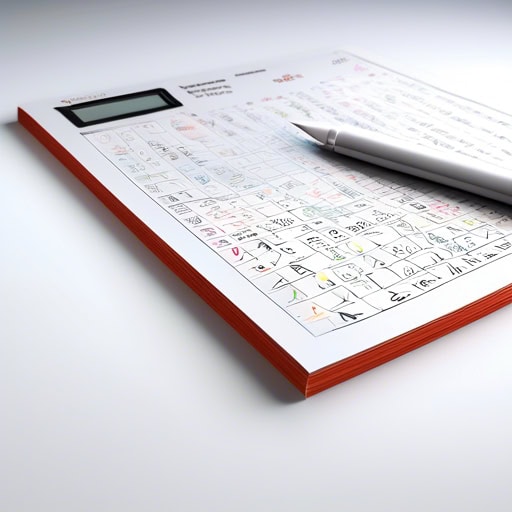
- I struggled with my math homework last night because the problems were so difficult.
- I have always excelled in math and am considering pursuing a career in a math-related field.
- My favorite subject in school is math because I enjoy solving equations and working with numbers.

- My family enjoys reading together before bedtime.
- Reading is a great way to bond with your children and spark conversations.
- We make it a priority to set aside time each day for reading as a family.

- Our family loves to engage in various learning activities such as reading together, doing science experiments, and exploring nature.
- We believe that learning should be a fun and enriching experience for our children, so we often incorporate games and hands-on activities into our educational routines.
- By fostering a love for learning within our family, we hope to instill a lifelong curiosity and thirst for knowledge in our children.

- I have been receiving tutoring in math to help me prepare for the upcoming exam.
- She is considering hiring a tutor for tutoring sessions in English to improve her writing skills.
- The school offers free tutoring services for students who need additional help with their coursework.
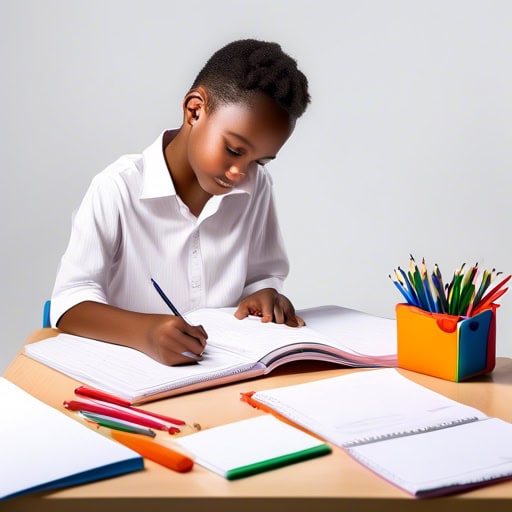
- I stayed up late last night to finish my math homework.
- My science teacher assigned a lot of homework over the weekend.
- I always double-check my homework before turning it in to make sure it's correct.
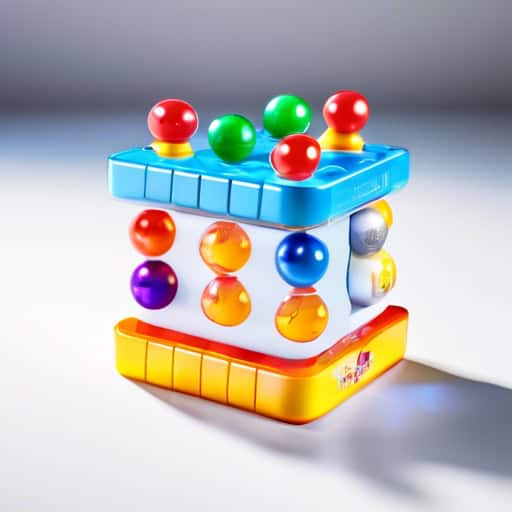
- Educational games can help children learn math and reading skills while having fun.
- Many teachers use educational games as a tool to enhance the classroom learning experience.
- Parents can encourage their children to play educational games at home to supplement their education.
Creative activities

- Family bonding is strengthened through engaging in creative activities together, such as painting or playing board games.
- Outdoor activities like hiking or biking provide a fun and healthy way for families to spend time together.
- Cooking together as a family not only creates delicious meals but also fosters teamwork and communication skills.

- Art can be a therapeutic way to express emotions and thoughts.
- Many people find joy in creating art as a hobby or profession.
- Visiting art galleries and museums can be a rewarding cultural experience.

- Our family went on a camping trip last weekend, and we spent our time around the campfire bonding over stories and laughter.
- During the holidays, we always make time for baking cookies together as a family, which has become a cherished bonding tradition.
- Playing board games on rainy days is a great way for our family to bond and enjoy each other's company.

- She spent hours working on her latest craft project, creating a beautiful piece of art to display in her home.
- The children enjoyed spending the afternoon doing crafts with their grandparents, making memories and creating special keepsakes together.
- The local craft fair featured a variety of handmade items, from jewelry and pottery to knitted scarves and wooden furniture.

- The children showed great creativity in building a fort out of blankets and pillows.
- Family game nights are a perfect opportunity to showcase everyone's creativity through various board games or DIY activities.
- Painting rocks together as a family is a fun way to unleash creativity and create unique pieces of art.
Physical activities

- I have been playing soccer since I was a child and it has always been my favorite sport.
- The soccer team won the championship last year after a long and challenging season.
- Watching a live soccer match at the stadium is always an exciting experience.

- The volleyball team practiced their serves and spikes every day after school.
- She dove for the ball, her fingertips barely grazing it before it hit the ground.
- The championship match ended in a thrilling five-set victory for the home team.

- She won the tennis match with a powerful serve and precise backhand.
- I practice tennis every weekend to improve my skills and technique.
- The tennis court was crowded with spectators cheering for their favorite players.

- I love swimming in the ocean during the summer months.
- Swimming laps at the local pool is a great way to stay in shape.
- The kids had a blast splashing around and swimming at the water park.

- The football team celebrated their victory with a parade through the city.
- I love watching professional football games on Sundays with my friends.
- My little brother just joined the local youth football league and he's already scoring goals like a pro.

- She dribbled the basketball down the court, dodging defenders with ease.
- The basketball team practiced for hours on end to sharpen their skills.
- He made a game-winning shot at the buzzer, securing victory for his team.

- The baseball game went into extra innings after a tied score in the ninth.
- The outfielder made a diving catch to save a run from scoring.
- The pitcher struck out the batter with a curveball in the bottom of the seventh.
Social activities

- Our annual family camping trip is the perfect opportunity for family bonding around the campfire, telling stories and making s'mores.
- Sunday dinners are a cherished tradition in our family, providing a time for family bonding over a delicious meal and sharing stories from the week.
- Playing board games together on Friday nights has become a favorite way for our family to bond and enjoy each other's company.

- Let's spend some quality time together this weekend by going for a hike in the mountains.
- I cherish the quality time I get to spend with my grandparents during our weekly Sunday dinners.
- It's important to prioritize quality time with loved ones to cultivate deeper connections and strengthen bonds.
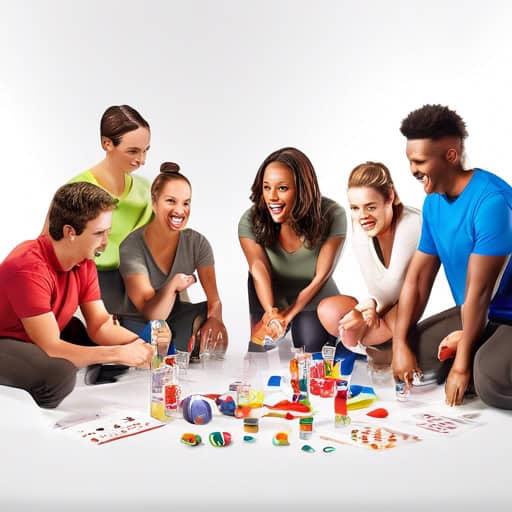
- Our company promotes team-building through various group activities, such as escape rooms and scavenger hunts.
- Family reunions often include group activities like beach volleyball tournaments and talent shows.
- Students in the club organize group activities like charity fundraisers and community service projects.
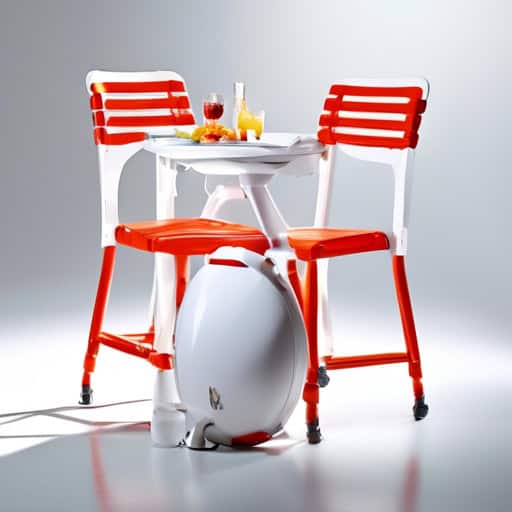
- Our family enjoys spending leisurely afternoons at the park, playing games and having picnics together.
- During school breaks, we often plan leisure activities such as hiking, biking, and visiting museums as a family.
- Weekends are reserved for leisurely pursuits like cooking together, watching movies, and going on nature walks with our kids.

- She enjoys recreational activities such as hiking and painting on the weekends.
- The city park offers a variety of recreational facilities including tennis courts and a playground.
- Fishing is a popular recreational pastime for many people who live near the lake.

- We went on a family outing to the zoo last weekend and had a great time exploring all the different exhibits together.
- Our annual family outing to the beach is always a highlight of the summer, where we enjoy swimming, building sandcastles, and having a picnic by the shore.
- For our next family outing, we are planning to go on a hike in the mountains to enjoy nature and spend quality time together.
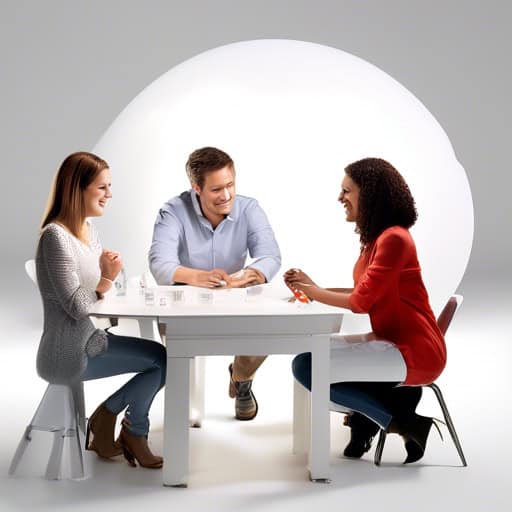
- Relationship building is essential for maintaining positive connections with loved ones. It requires effort, patience, and understanding to build strong relationships. Effective relationship building can lead to increased happiness and fulfillment in family life.

- We created unforgettable memories through our shared experiences during our family vacation to the beach.
- Cooking together in the kitchen and enjoying a meal as a family are shared experiences that bring us closer together.
- Playing board games on rainy days is one of our favorite shared experiences as a family.
Quick Facts
- Family activities help strengthen bonds between family members by creating shared memories and experiences.
- Research has shown that families who regularly engage in activities together have better communication and stronger relationships.
- Engaging in physical activities as a family can promote a healthy lifestyle and help prevent obesity and other health issues.
- Family activities can help reduce stress and improve overall mental health by providing opportunities for relaxation and enjoyment.
- Participating in activities as a family can also teach important life skills such as teamwork, problem-solving, and time management.
